From 15 May 2019, any retail price (excluding VAT) charged to consumers for regulated intra-EU communications shall not exceed EUR 0.19 per minute for calls and EUR 0.06 per SMS message. The new rules on retail price caps for intra-EU communications (fixed and mobile calls and SMS) are introduced by the EU Regulation (EU) 2015/2120 as amended). In order to ensure a coherent application of the Regulation, BEREC has published Guidelines, laying down criteria for National Regulatory Authorities (NRAs) to take into account. These Guidelines include general provisions (scope of the Regulation, alternative tariffs, charging intervals, etc.), as well as specific rules where BEREC defines procedure and parameters to assess the sustainability of these provisions.
Scope of the Regulation
The regulation covers only consumption based intra-EU communications services offered to consumers. In regards to the geographical scope of the regulation, the regulation concerns all EU Member States including the outermost regions, which are part of the EU Single Market. For calls originating in Norway, Iceland and Liechtenstein the Regulation would be applicable as soon as it is incorporated in the European Economic Area (EEA) agreement.
Charging Intervals
The regulation does not restrict operators to apply per second billing. However, as the price-caps are expressed per minute, it is considered that charging intervals cannot exceed 60 seconds.
Alternative tariffs
Providers in addition to the regulated tariff may offer alternative tariffs covering non-EEA, i.e. third countries including intra-EU communications where the prices of intra-EU communications may exceed the caps. Consumers should have the option to deliberately choose such tariffs.
Charges in currencies other than Euro
The price caps are in Euro. When converting the price caps to currencies other than Euro, operators should use the method set out in the Regulation.
Sustainability/Derogations
In cases where operators wish to derogate from the provisions of the Regulation, BEREC considers that the derogation assessment should be conducted in two steps: the NRA should start with the benchmarking analysis and then it should assess the impact on the domestic pricing model. These two steps should be sequential and cumulative. Regarding the benchmarking analysis, BEREC has defined in its Guidelines the benchmark which will be adjusted annually, taking into account data collected from operators.
NRA’s monitoring
In order to have comparable data based on the same indicators for monitoring market and to prepare the BEREC benchmark for intra-EU communications, BEREC develops a template for NRAs to collect data on intra-EU communications from fixed and mobile operators. BEREC will aggregate the data and publish a report on the findings of this exercise annually.
BEREC has produced a video explaining provisions of the Regulation and the role of the Guidelines.
On 13 March 2019 at 14:00 (CET) BEREC Chair Jeremy Godfrey will hold a public debriefing in Brussels, livestreamed on the BEREC website’s homepage. Please be welcome to join us live. All interested parties are invited to ask questions via Twitter by using #BERECpublic or by sending email to [email protected].
